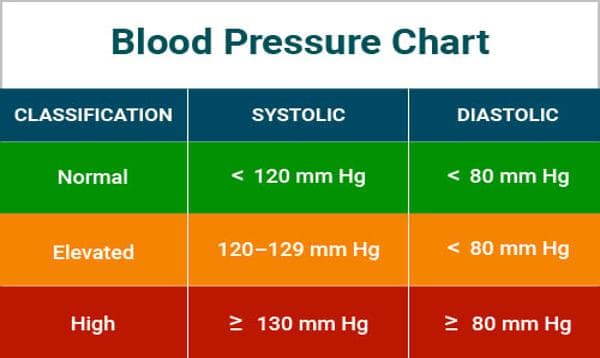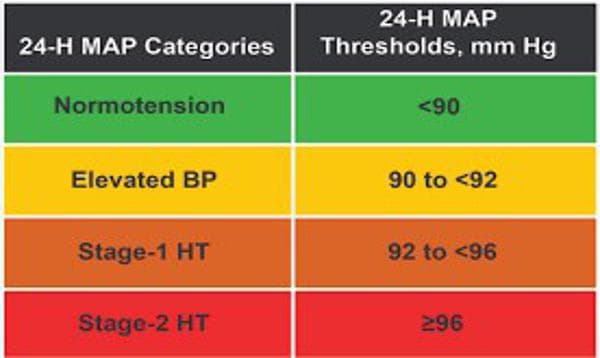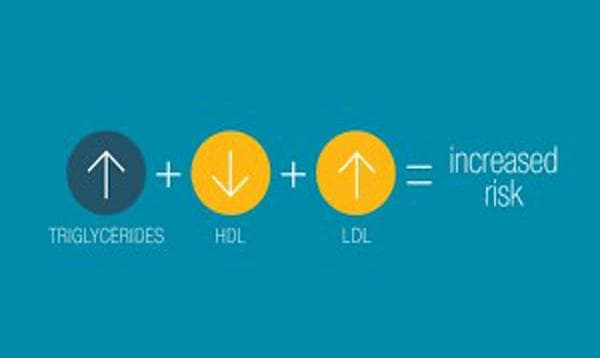
Blood Pressure Classification Calculator – Understand Your BP Levels
Learn about Blood Pressure, its significance, classification, and how to use it to maintain healthy blood pressure levels.
January 5, 2025
Discover Mean Arterial Pressure (MAP), its significance, calculation, and how to use it to assess circulatory health.

Mean Arterial Pressure (MAP) is the average pressure in your arteries during one cardiac cycle. It is a critical indicator of blood flow and organ perfusion. MAP is essential for ensuring that vital organs receive adequate blood supply.
MAP is important because it:
MAP can be calculated using the following formula:
MAP = (SBP + 2 × DBP) / 3
Where:
For example, if your blood pressure is 120/80 mmHg:
MAP = (120 + 2 × 80) / 3 = (120 + 160) / 3 = 280 / 3 ≈ 93 mmHg
MAP plays a crucial role in maintaining consistent blood flow and organ function:
Several factors can influence MAP, including:
Consume a balanced diet rich in fruits, vegetables, whole grains, and lean proteins. Limit salt, sugar, and unhealthy fats.
Engage in at least 150 minutes of moderate-intensity exercise per week to improve cardiovascular health.
Practice relaxation techniques such as deep breathing, meditation, and yoga to reduce stress.
Regularly check your blood pressure to ensure it remains within a healthy range.
Our Mean Arterial Pressure (MAP) Calculator is user-friendly and provides an estimate of your MAP. Enter your systolic and diastolic blood pressure readings to calculate your MAP. Use this information to assess your circulatory health and make informed lifestyle choices.
There are several myths about blood pressure and MAP that can lead to confusion:
Understanding and tracking your Mean Arterial Pressure is key to maintaining circulatory health and preventing cardiovascular issues. Use our Mean Arterial Pressure (MAP) Calculator to assess your MAP and take proactive steps to improve it. By making healthy lifestyle choices, you can maintain a balanced MAP and enhance your overall heart health.
More Articles

Learn about Blood Pressure, its significance, classification, and how to use it to maintain healthy blood pressure levels.
January 5, 2025

Learn about Cholesterol Ratio, its significance, calculation, and how to use it to assess your heart disease risk.
January 5, 2025

Learn about stroke, its risk factors, assessment, and how to use the Stroke Risk Assessment Calculator to measure your risk level and improve your health.
January 5, 2025

Learn about Coronary Heart Disease (CHD), its risk factors, calculation, and how to use the information to maintain heart health.
January 5, 2025

Learn about the Triglyceride-to-HDL Ratio, its importance, calculation, and how to use it to assess cardiovascular risk.
January 5, 2025